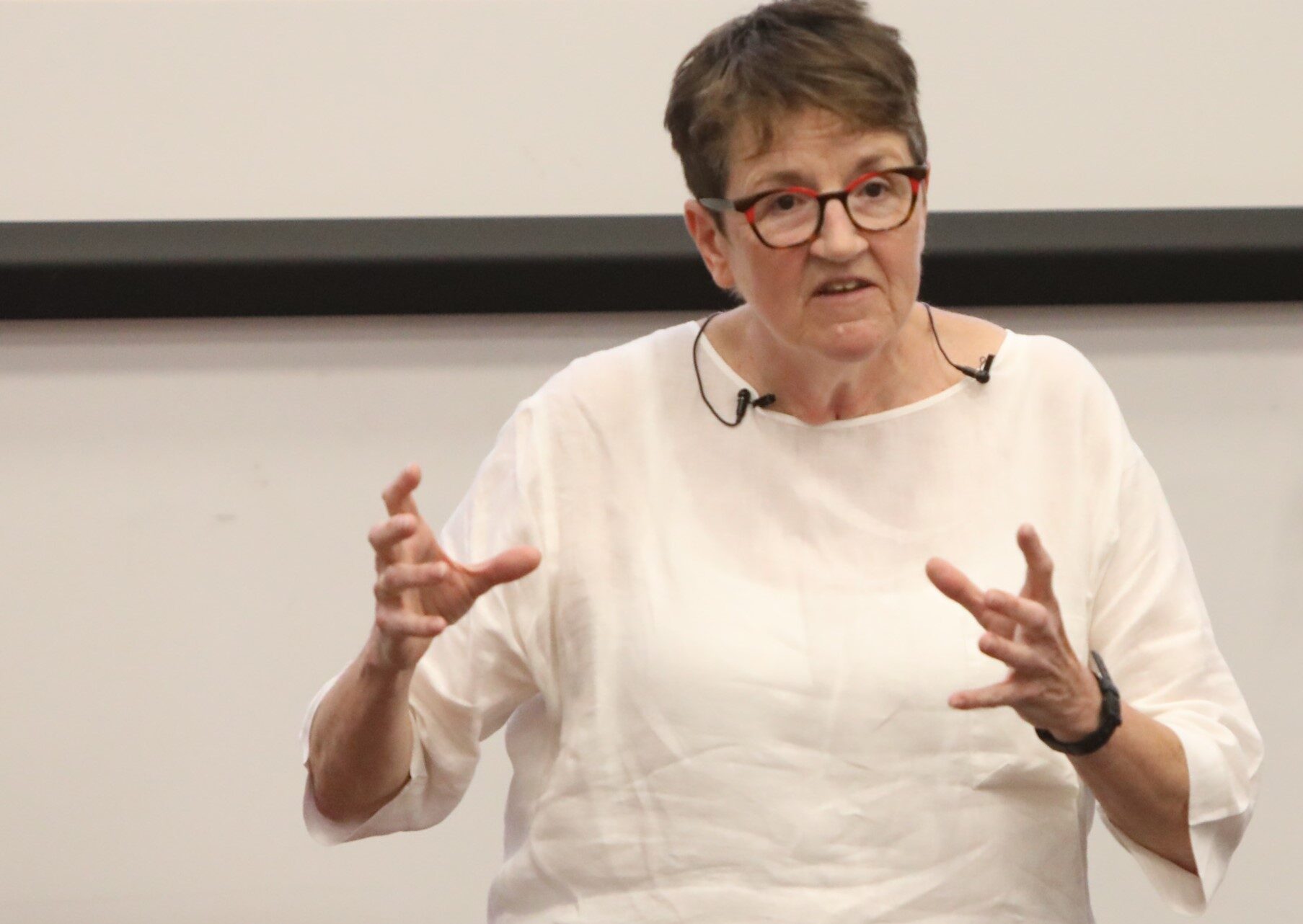4 game-changing speaking projects
For me, there are four game-changing speaking lessons we need to learn when we are working on our public-speaking skills. They are body language, interesting voice/vocal variety, how to persuade with power and inspiring your audience. I see them as game changing because each one challenges you out of your comfort zone.
Body language and vocal variety skills
You may not have previously actively considered other skills, such as how to structure a speech, identifying your purpose, using enriching language, visual aids, researching the topic, but it is unlikely that you have any difficulty putting them into action. In contrast, it is far more difficult, perhaps even uncomfortable, to become proficient in body language and vocal variety.
I remember my experience learning these skills. I felt awkward, a bit embarrassed. I thought people might laugh at me, think I was silly. Then my evaluators told me how my body language and vocal variety had strengthened my speech, how and why what I did was effective in reinforcing my words, creating interest and engagement. They encouraged me to go even further.
You use body language and vocal variety in your everyday speech, so there’s no reason to abandon it when you’re in front of an audience. Modify it, almost certainly, but abandon it? Definitely not.
Persuasive and inspirational speeches
Persuasive and inspirational speeches are also game changers in bringing together all your learnings about public speaking, while simultaneously encapsulating why we really speak – to persuade and convince and/or to pass on life lessons so that others are inspired to make changes in their own life. To achieve these lofty purposes, you need all the elements of public speaking to be working effectively to connect with your audience and speak with clarity and conviction.
Always work with a mentor or coach
Picture yourself composing and delivering your first inspirational speech. I would suggest you can’t do it alone.
You need a mentor or a coach who really understands what is an inspirational speech. And, in my experience, without that support, the chances of nailing the project are low. I wonder how many professional public speakers could explain the difference between a persuasive and an inspirational speech.
The distinction is important. It’s also important that speakers who have an inspirational story to share are helped to do so effectively and that they can realise the benefits of so doing for themselves and their audience. For the speaker, there is definitely catharsis that comes with articulating the emotional and, usually, painful experience. For audiences, there is a deeply moving and memorable story, with important learnings that can inspire them to make changes in their own lives.





